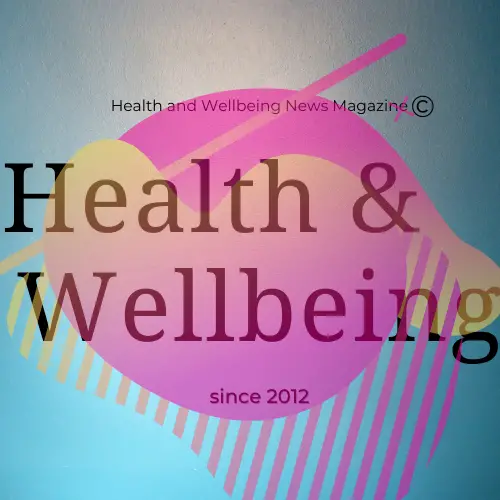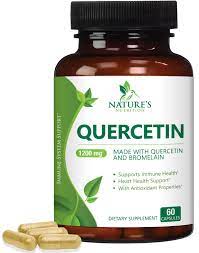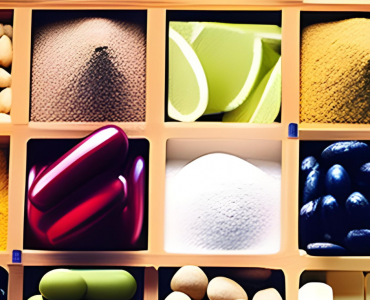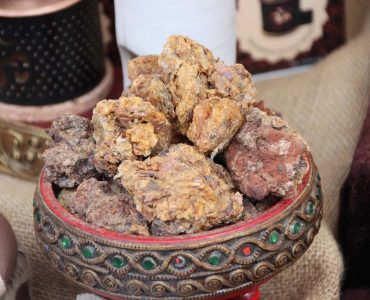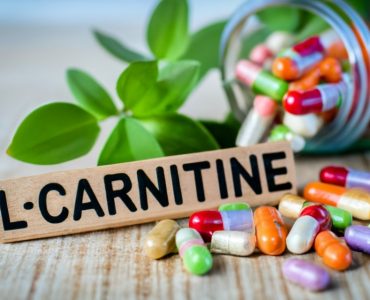(Trimethylglycine)
Betaine (trimethylglycine) functions very closely with choline, folic acid, vitamin B12, and a form of the amino acid methionine known as S-adenosylmethionine (SAMe). All of these compounds function as “methyl donors.” They carry and donate methyl molecules to facilitate necessary chemical processes. The donation of methyl groups by betaine is very important to proper liver function, cellular replication, and detoxification reactions. Betaine also plays a role in the manufacture of carnitine and serves to protect the kidneys from damage.
Dietary sources of betaine include fish, beetroot, and pulses. Betaine is most widely available as betaine hydrochloride (betaine-HCl), but that form is used primarily as a source of hydrochloric acid for people with low stomach acid.
What it does
- Homocysteine Lowering: TMG donates methyl groups to homocysteine, converting it back to harmless methionine. High homocysteine levels are linked to various disorders including heart disease, Alzheimer’s Disease and osteoporosis.
- Cardiovascular Health: In addition to its homocysteine-lowering effect, TMG, after conversion into Dimethylglycine (DMG), has been shown to lower cholesterol and to reduce angina and heart arrhythmias.
- Anti-Depressant: TMG also donates methyl groups in the brain to make SAMe and aid in the re-synthesis of mood elevating brain compounds such as serotonin and dopamine from their degraded by-products.
- Anti-Convulsive: TMG, due to its conversion to DMG and glycine, may reduce susceptibility to seizures.
Potential Uses
| Atherosclerosis | High homocysteine | Depression |
| Fatigue | Osteoporosis | Alzheimer’s disease |
| Angina | Cardiovascular health | Epilepsy |
Does TMG cause water retention?
Yes, TMG can cause water retention. This is because TMG is an osmolyte, which means that it attracts water into cells. However, water retention caused by TMG is generally considered to be harmless.
Does TMG help inflammation?
Yes, TMG may help to reduce inflammation. This is because TMG can increase the production of glutathione, an antioxidant that helps to protect cells from damage.
Is TMG the SAMe as creatine?
No, TMG is not the same as creatine. TMG is a naturally occurring substance that is found in food and can also be made by the body. Creatine is a substance that is produced by the body and stored in muscle cells. Creatine can be used to improve athletic performance and muscle mass.
Is TMG a vitamin?
No, TMG is not a vitamin. Vitamins are essential nutrients that the body cannot produce on its own. TMG is a non-essential nutrient, meaning that the body can produce it on its own. However, TMG is still an important nutrient that has a number of health benefits.
What does TMG do for the body?
TMG has a number of potential health benefits, including:
- Reduced inflammation
- Improved liver function
- Better athletic performance
- Increased muscle mass
- Improved cognitive function
- Reduced risk of heart disease
- Reduced risk of cancer
Is TMG worth taking?
Whether or not TMG is worth taking depends on your individual needs. If you are looking for a natural way to improve your health, TMG may be worth taking. However, it is important to talk to your doctor before taking TMG supplements, especially if you have any underlying health conditions.
Does TMG have side effects?
TMG is generally well-tolerated, but it can cause some side effects in some people, such as:
- Stomach upset
- Nausea
- Diarrhea
- Headache
- Dizziness
- Rashes
What time of day should I take TMG?
You can take TMG at any time of day. However, some people find that it is best to take TMG before or after a workout.
The best time to take TMG supplements depends on your individual needs and goals.
If you are taking TMG for general health and well-being, you can take it at any time of day. However, some people find that it is best to take TMG in the morning or afternoon, as it can give them a boost of energy.
If you are taking TMG for athletic performance, you can take it 30-60 minutes before your workout. This will help to increase your energy levels and improve your performance.
If you are taking TMG to improve your sleep, you can take it before bed. This will help to relax your body and mind and promote better sleep.
It is important to start with a low dose of TMG and gradually increase it to avoid any side effects. The recommended daily dose of TMG is 500-1,500 mg. You can take TMG in capsule, powder, or liquid form.
If you have any questions or concerns about taking TMG supplements, be sure to talk to your doctor.
What are the side effects of betaine trimethylglycine?
The side effects of betaine trimethylglycine (TMG) are generally mild and go away on their own. However, if you experience any side effects, stop taking TMG and talk to your doctor.
